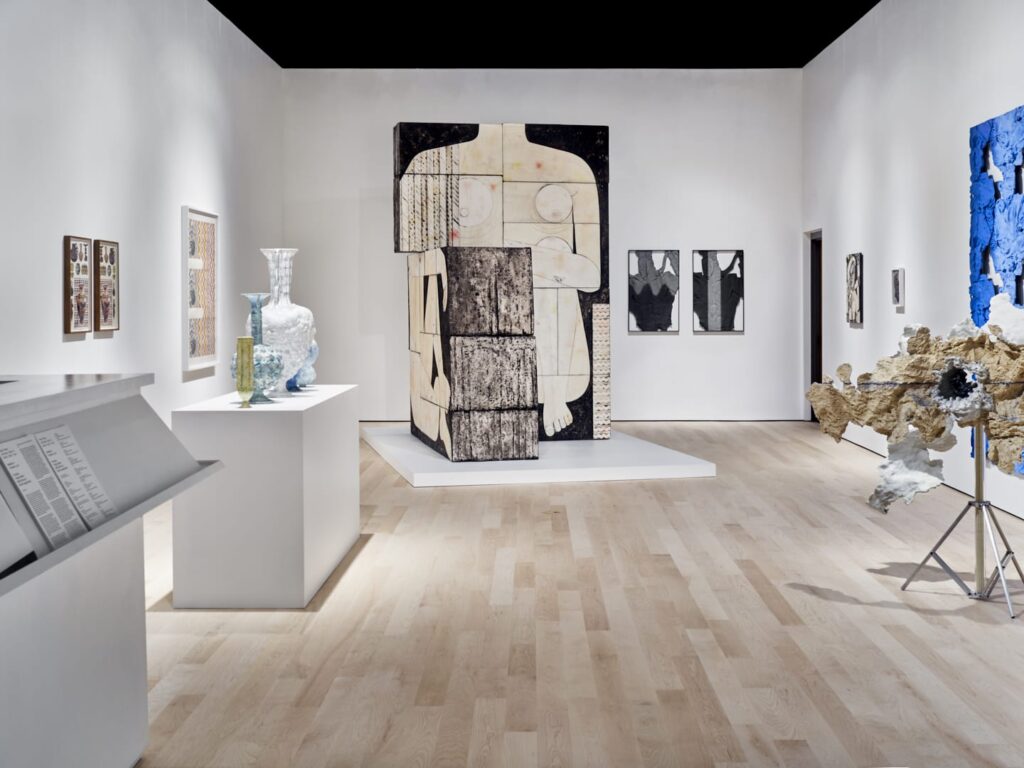by The Cowl Editor on January 24, 2019
Opinion

by Elizabeth McGinn ’21
Opinion Staff
Friedrich Nietzsche once wrote, “To live is to suffer, to survive is to find some meaning in the suffering.” For Nietzsche and many others, suffering and pain are common emotions in human life.
Everyone, regardless of status or identity, endures it; however, what one chooses to do with that experience vastly differs from person to person.
Turn on the news at any given moment and one can be informed of the most current tragedy. It could be the kidnapping and rape of a young girl, war crimes committed overseas, or staggering death rates from famine or natural disasters.
The in-depth coverage of such instances serve as constant reminders that the world can be a horrifying and cruel place—and that suffering is a universal condition.
Once in a while, a picture emerges and grips the goodwill of people— for a moment. For instance, four years ago a photographer captured the image of three-year-old Alan Kurdi’s body washed up on the beach in Turkey. He had drowned in the process of escaping his war-torn country, Syria.
Donations to Syrian refugees skyrocketed in the aftermath of that photograph, but years later, the news is focused on the next horrors, while violence continues to ravage in Syria.
In comparison to these tragedies, so-called “first world problems” can often feel invalid or less important. Stressing for a test, in contrast to other kinds of suffering, has consequences that may not be necessarily life threatening.
However, personal problems such as stress can drastically affect the mental health of a person, or tip the balance of managing other struggles.
While it is crucial to recognize the difference in scope of suffering in personal problems, all pain is valid and must be treated as such. Empathy, especially when considering the problems of others, is the key.
Although pain and suffering may plague our lives, coping and overcoming it can demonstrate the strength of humanity, and the strength of individuals.
No one escapes pain unharmed. It can leave physical or mental scars, hints of a darker past and darker days. For some, the reminder can be all-consuming.
To cope, many feel like shutting themselves away and hiding is the solution. Or becoming apathetic and numb, because caring about the world and others is far too painful. But in those choices, suffering wins.
Although suffering cannot be eradicated, creating more good and happiness in the world destroys its power. This can be achieved in a variety of ways, from volunteering or spreading small acts of kindness in everyday life.
Providence College’s commitment to charity and humanitarianism offers ample opportunities for volunteering, including clubs like Habitat for Humanity, Friars For ___, Best Buddies, and many others. Finding a cause and supporting it can not only help others in indescribable ways, but can also provide meaning to life.
Faith and religion act as another fruitful option. As a Catholic school, PC is the perfect place to delve into Christianity.
Nearby churches of other denominations, temples, or mosques also dwell within the wider city. Organized religion can provide a hopeful and positive mindset, as well as a supportive community within it.
Creating art, through any medium, can also deliver relief from suffering. Some of the world’s best music, literature, and paintings were conceived as an interpretation and response to the immeasurable tragedies in this world.
While art imitates life, it can also ease pain in the process of creation.
However, the only true antidote to suffering is love. Love yourself, your friends, family, pets, peers, and even strangers. It makes life worth living, and enduring so many struggles can still lead to a brighter place.
Infuse everything you do with love, and the suffering lessens for you and everyone around you. In a world that can be so cruel, love can be the most rebellious choice.